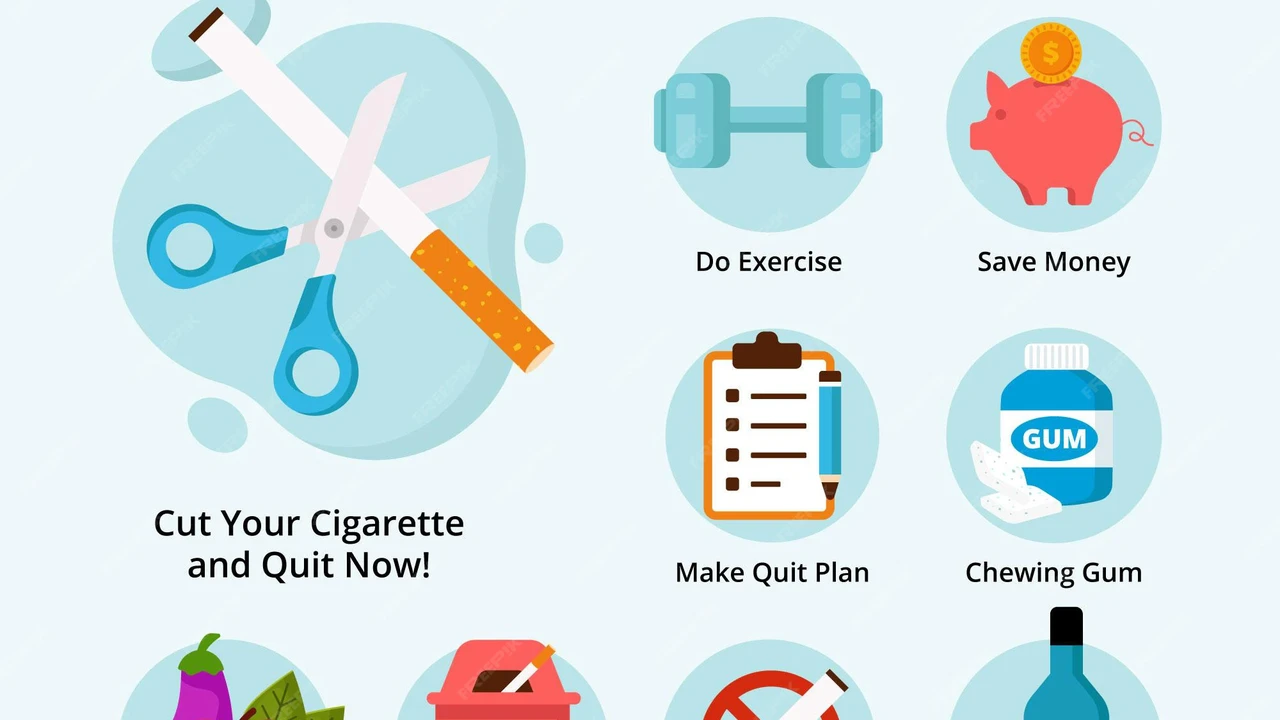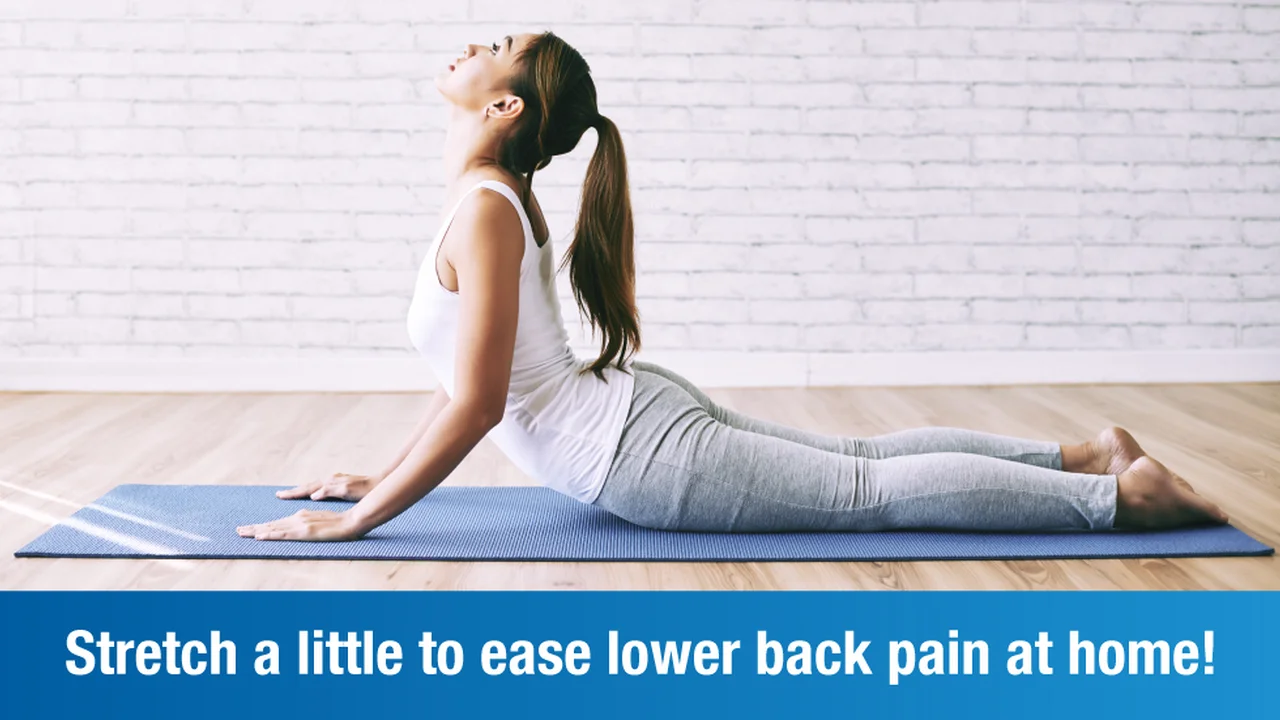How to Quit Smoking: Effective Strategies for Success
normal text: The Importance of Sun Protection Preventing Skin Cancer: Learn about the crucial role of sun protection in preventing skin cancer. Discover effective strategies, including choosing the right sunscreen, understanding SPF, and incorporating sun-safe habits into your daily routine. Shield your skin from harmful UV rays and reduce your risk of skin cancer.

Understanding the Risks: Skin Cancer and UV Radiation
Skin cancer is one of the most common types of cancer worldwide. The primary culprit behind most cases is exposure to ultraviolet (UV) radiation from the sun. UV radiation damages the DNA in skin cells, leading to mutations that can cause uncontrolled growth and the development of cancerous tumors. There are several types of skin cancer, with the most common being basal cell carcinoma (BCC), squamous cell carcinoma (SCC), and melanoma. While BCC and SCC are generally highly treatable, melanoma is the most dangerous form, as it can spread rapidly to other parts of the body if not detected and treated early.
The intensity of UV radiation varies depending on several factors, including the time of day, season, altitude, and geographic location. UV radiation is strongest during midday hours (typically between 10 AM and 4 PM), during the summer months, and at higher altitudes. Even on cloudy days, a significant amount of UV radiation can penetrate through the clouds, making sun protection essential year-round.
The Sunscreen Solution: Choosing the Right Protection with SPF
Sunscreen is a vital tool in the fight against skin cancer. It works by absorbing or reflecting UV radiation, preventing it from reaching the skin and causing damage. When choosing a sunscreen, it's essential to look for a product that provides broad-spectrum protection, meaning it protects against both UVA and UVB rays. UVA rays contribute to skin aging and wrinkles, while UVB rays are the primary cause of sunburn and play a significant role in the development of skin cancer.
The Sun Protection Factor (SPF) indicates how well a sunscreen protects against UVB rays. A higher SPF number means more protection. Dermatologists generally recommend using a sunscreen with an SPF of at least 30, which blocks about 97% of UVB rays. However, no sunscreen can block 100% of UVB rays, so it's crucial to reapply sunscreen every two hours, or more frequently if you're swimming or sweating.
Beyond SPF, consider the type of sunscreen that best suits your needs. There are two main types: chemical sunscreens and mineral sunscreens. Chemical sunscreens contain chemicals that absorb UV radiation, while mineral sunscreens contain zinc oxide or titanium dioxide, which create a physical barrier that reflects UV radiation. Mineral sunscreens are often preferred by people with sensitive skin, as they are less likely to cause irritation.
Sunscreen Application Techniques: Maximizing Sun Protection
Applying sunscreen correctly is just as important as choosing the right product. Most people don't apply enough sunscreen, which significantly reduces its effectiveness. The general rule of thumb is to use about one ounce (shot glass full) of sunscreen to cover your entire body. Be sure to apply sunscreen to all exposed areas of skin, including your face, ears, neck, hands, and feet. Don't forget to apply sunscreen to areas that are often overlooked, such as the hairline and the tops of your ears.
Apply sunscreen at least 15-30 minutes before going outdoors, allowing it to absorb into your skin and form a protective barrier. Reapply sunscreen every two hours, or more frequently if you're swimming or sweating. Even if you're wearing water-resistant sunscreen, it's still important to reapply after spending time in the water.
Beyond Sunscreen: Sun-Safe Habits for Comprehensive Protection
Sunscreen is an essential part of sun protection, but it's not the only thing you should be doing to protect your skin. Incorporating sun-safe habits into your daily routine can provide comprehensive protection against UV radiation.
- Seek Shade: Limit your time in the sun, especially during midday hours when UV radiation is strongest. Seek shade whenever possible, especially between 10 AM and 4 PM.
- Wear Protective Clothing: Wear wide-brimmed hats, sunglasses, and long-sleeved shirts and pants to protect your skin from the sun. Look for clothing with a UPF (Ultraviolet Protection Factor) rating, which indicates how well the fabric blocks UV radiation.
- Sunglasses: Wear sunglasses that block 100% of UVA and UVB rays to protect your eyes from sun damage.
- Be Aware of Reflective Surfaces: Be aware that surfaces like water, sand, and snow can reflect UV radiation, increasing your exposure. Take extra precautions when you're near these surfaces.
- Check the UV Index: Check the UV Index forecast for your area to get an idea of the level of UV radiation. The UV Index is a scale that ranges from 0 to 11+, with higher numbers indicating a greater risk of sun damage.
- Avoid Tanning Beds: Tanning beds emit harmful UV radiation that can significantly increase your risk of skin cancer. Avoid tanning beds altogether.
Sunscreen Product Recommendations: Specific Brands and Uses
Choosing the right sunscreen can be overwhelming with so many options available. Here are a few specific product recommendations, along with their uses, benefits, and approximate prices:
Mineral Sunscreens for Sensitive Skin: EltaMD UV Clear Broad-Spectrum SPF 46
Use: Daily facial sunscreen for sensitive and acne-prone skin.
Description: EltaMD UV Clear is a mineral-based sunscreen that contains zinc oxide and titanium dioxide. It's oil-free, fragrance-free, and non-comedogenic, meaning it won't clog pores. It also contains niacinamide, which helps to reduce redness and inflammation.
Benefits: Excellent broad-spectrum protection, gentle on sensitive skin, helps to improve skin tone.
Application: Apply liberally to the face and neck 15 minutes before sun exposure. Reapply every two hours, or more frequently if swimming or sweating.
Price: Approximately $37 for a 1.7-ounce bottle.
Comparison: Compared to other mineral sunscreens, EltaMD UV Clear is known for its lightweight texture and ease of application. Some mineral sunscreens can leave a white cast on the skin, but EltaMD UV Clear is designed to minimize this effect.
Scenario: Perfect for daily wear under makeup or on its own. Ideal for individuals with rosacea, acne, or other skin sensitivities.
Chemical Sunscreens for Active Lifestyles: La Roche-Posay Anthelios Melt-In Sunscreen Milk SPF 60
Use: Body sunscreen for active individuals and outdoor activities.
Description: La Roche-Posay Anthelios Melt-In Sunscreen Milk is a chemical sunscreen that provides broad-spectrum protection with SPF 60. It has a lightweight, non-greasy formula that absorbs quickly into the skin. It's also water-resistant for up to 80 minutes.
Benefits: High SPF protection, water-resistant, lightweight and non-greasy.
Application: Apply liberally to the body 15 minutes before sun exposure. Reapply every two hours, or more frequently if swimming or sweating.
Price: Approximately $36 for a 5-ounce bottle.
Comparison: Compared to other chemical sunscreens, La Roche-Posay Anthelios is known for its high SPF and water resistance. It's also formulated with antioxidants to help protect the skin from free radical damage.
Scenario: Ideal for swimming, hiking, running, or any outdoor activity where you'll be exposed to the sun for extended periods.
Tinted Sunscreen for Daily Wear: Supergoop! CC Screen SPF 50
Use: Daily facial sunscreen with color correction for even skin tone.
Description: Supergoop! CC Screen is a tinted sunscreen that provides broad-spectrum SPF 50 protection while evening out skin tone and providing light coverage. It contains antioxidants and is oil-free.
Benefits: Provides sun protection and evens skin tone in one step, lightweight, contains antioxidants.
Application: Apply liberally to the face as the last step in your skincare routine. Can be worn alone or under makeup.
Price: Approximately $42 for a 1.6-ounce tube.
Comparison: Compared to other tinted sunscreens, Supergoop! CC Screen offers a good balance of sun protection, coverage, and skincare benefits. It's a great option for those who want a simple, all-in-one product.
Scenario: A great choice for everyday wear, providing sun protection and a natural-looking finish.
Sunscreen Stick for Easy Application: Neutrogena Ultra Sheer Face & Body Sunscreen Stick SPF 70
Use: Quick and easy sun protection for face and body, especially for travel.
Description: This sunscreen stick provides broad-spectrum SPF 70 protection in a convenient, portable format. It's oil-free and water-resistant.
Benefits: Easy to apply, portable, high SPF protection.
Application: Swipe liberally across skin 15 minutes before sun exposure. Reapply every two hours, or immediately after swimming or sweating.
Price: Around $12 for a 1.5-ounce stick.
Comparison: Sunscreen sticks are great for on-the-go reapplication and are less messy than lotions. Neutrogena Ultra Sheer is a popular choice due to its high SPF and lightweight feel.
Scenario: Perfect for keeping in your bag for quick touch-ups throughout the day, especially when you don’t want to apply lotion with your hands.
Addressing Common Concerns: Sunscreen Myths and Misconceptions
There are many myths and misconceptions surrounding sunscreen. Let's debunk some of the most common ones:
- Myth: People with dark skin don't need sunscreen. Fact: Everyone, regardless of skin color, can get skin cancer. While people with dark skin have more melanin, which provides some natural protection, they are still at risk and need to wear sunscreen.
- Myth: Sunscreen is only necessary on sunny days. Fact: UV radiation can penetrate clouds, so it's important to wear sunscreen even on cloudy days.
- Myth: A high SPF sunscreen means you don't need to reapply as often. Fact: All sunscreens need to be reapplied every two hours, or more frequently if you're swimming or sweating. The SPF number only indicates how well the sunscreen protects against UVB rays, not how long it lasts.
- Myth: Sunscreen is bad for your health. Fact: The benefits of wearing sunscreen far outweigh any potential risks. The chemicals in sunscreen are generally considered safe for use, and the risk of skin cancer from sun exposure is much greater than the risk of any adverse effects from sunscreen.
The Long-Term Benefits: Preventing Premature Aging
Sun protection isn't just about preventing skin cancer. It also plays a crucial role in preventing premature aging. UV radiation damages collagen and elastin, the proteins that give skin its firmness and elasticity. This damage can lead to wrinkles, fine lines, age spots, and sagging skin. By protecting your skin from the sun, you can help to preserve its youthful appearance.
In addition to wearing sunscreen, consider using skincare products that contain antioxidants. Antioxidants help to protect the skin from free radical damage caused by UV radiation and other environmental factors. Common antioxidants found in skincare products include vitamin C, vitamin E, and green tea extract.
Regular Skin Self-Exams: Early Detection is Key
While sun protection is essential, it's also important to perform regular skin self-exams to look for any changes or suspicious moles. Skin cancer is often detected early through self-exams, which can significantly improve the chances of successful treatment. Examine your skin from head to toe, paying close attention to areas that are frequently exposed to the sun. Look for any moles that are new, changing in size, shape, or color, or that have irregular borders. Also, be on the lookout for any sores that don't heal.
If you notice any suspicious moles or changes in your skin, see a dermatologist right away. A dermatologist can perform a thorough skin exam and determine if any further testing or treatment is necessary. Early detection is key to successful skin cancer treatment.
Protecting your skin from the sun is one of the best things you can do for your health. By incorporating sun-safe habits into your daily routine, you can reduce your risk of skin cancer, prevent premature aging, and maintain healthy, youthful-looking skin for years to come. Remember to choose the right sunscreen, apply it correctly, and reapply it frequently. Stay safe in the sun!
:max_bytes(150000):strip_icc()/277019-baked-pork-chops-with-cream-of-mushroom-soup-DDMFS-beauty-4x3-BG-7505-5762b731cf30447d9cbbbbbf387beafa.jpg)






